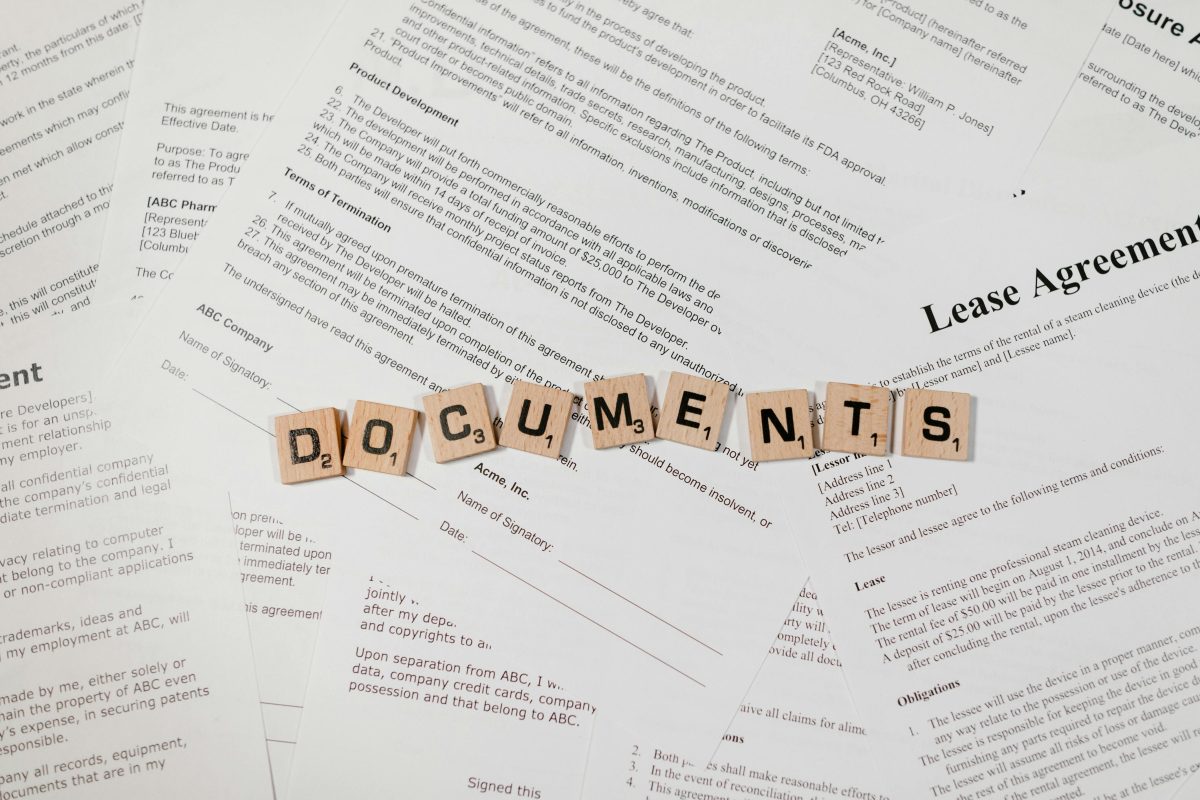Increased Tariffs for Imported Products from China into the U.S
In the context of ongoing fluctuations in global trade, tariff adjustments have become a crucial factor affecting the flow of goods between nations. In 2024, the United States implemented tariff increases on a wide range of imported products from China, particularly those in key industries such as energy, technology, and manufacturing.
The following article summarizes the relevant information regarding the affected products, as well as the timeline and conditions for the tariff increases.

1. Effective Date:
The new tariffs scheduled for 2024 are set to take effect on 27 September; tariffs scheduled for 2025 and 2026 will begin on 1 January of those corresponding years, with some exceptions relating to solar equipment.
2. Products Subject to Tariff Increases:
Under Section 301 of the Trade Act of 1974, tariffs on certain strategic Chinese products will be increased, including those related to the following materials:
- Tungsten products: A hard metal chemical element used in the production of light bulbs and hardened steel.
- Wafers: Silicon semiconductor wafers, which are the core physical components in semiconductor chip manufacturing.
- Polysilicon plastics.
Tariff increases will apply to specific products:
- Battery parts (non-lithium-ion batteries): Increased rate to 25% in 2024.
- Electric vehicles: Increased rate to 100% in 2024.
- Facemasks: Increased rate to no less than 25% in 2024.
- Lithium-ion electrical vehicle batteries: Increased rate to 25% in 2024.
- Lithium-ion non-electrical vehicle batteries: Increased rate to 25% in 2026.
- Medical gloves: Increased rate to no less than 25% in 2026.
- Natural graphite: Increased rate to 25% in 2026.
- Other critical minerals: Increased rate to 25% in 2024.
- Permanent magnets: Increased rate to 25% in 2026.
- Semiconductors: Increased rate to 50% in 2025.
- Ship-to-shore cranes: Increased rate to 25% in 2024.
- Solar cells (whether or not assembled into modules): Increased rate to 50% in 2024.
- Steel and aluminum products: Increased rate to 25% in 2024.
- Syringes and needles: Increased rate to no less than 50% in 2024.
3. Summary of Decisions:
The USTR issued a Federal Notice summarizing the decisions regarding the products:
- Battery parts (non-lithium-ion batteries): Proposed tariff increases on HTSUS subheading 8507.90.40.
- Electric Vehicles: Proposed tariff increases on eight HTSUS subheadings.
- Facemasks: Tariff increases under HTSUS subheading 6307.90.9870, with further increases in 2025 and 2026.
- Lithium-ion electrical vehicle batteries: Proposed tariff increases on HTSUS subheadings 8507.60.0010 in 2024 and 8507.60.0020 in 2026.
- Medical Gloves: Proposed increase to 25% in 2026.
- Natural Graphite: Proposed increases on three subheadings for natural graphite.
- Other Critical Minerals: Proposed tariff increases on 26 subheadings.
- Permanent Magnets: Proposed increases on subheading 8505.11.00.
- Semiconductors: Proposed increases on 16 subheadings.
- Ship-to-shore cranes: Tariff increases with some exclusions for contracts prior to May 2024.
- Solar Cells: Proposed increases on subheadings related to solar cells.
- Steel and Aluminum: Proposed increases on 321 subheadings under Section 232.
- Syringes and Needles: Proposed tariff increases to 100% in 2024.
4. Exemptions and Special Conditions:
In addition to the aforementioned products, certain machinery used in production will be exempt from these tariffs, such as:
- 8421.21.00 (Machinery and apparatus for filtering or purifying water);
- 8421.29.00 (Filtering or purifying machinery and apparatus for liquids);
- 8421.39.01 (Filtering or purifying machinery for gases);
- 8428.70.00 (Industrial robots);
- 8443.19.30 (Printing machinery).
The USTR also announced 14 exemptions for solar energy production equipment, effective from 1 January 2024 to 31 May 2025.
5. Special Import Conditions for Specific Products from China:
Products listed in the appendices of the Notice and subject to additional tariffs can only be imported under “privileged foreign status” as defined in 19 CFR 146.41, effective from the date the additional tariffs take effect. For certain products of China admitted into a U.S. foreign trade zone, they must comply with specific conditions starting on 27 September 2024, 1 January 2025, and 1 January 2026, depending on the product category.
Time of writing: 16/10/2024
The article contains general information which is of reference value, in case you want to receive legal opinions on issues you need clarification on, please get in touch with our Lawyer at info@cdlaf.vn

Why choose CDLAF’s service?
- We provide effective and comprehensive legal solutions that help you save money and maintain compliance in your business;
- We continue to monitor your legal matters even after the service is completed and update you when there are any changes in the Vietnamese legal system;
- Our system of forms and processes related to labor and personnel is continuously built and updated and will be provided as soon as the customer requests it;
- As a Vietnamese law firm, we have a thorough understanding of Vietnam’s legal regulations, and grasp the psychology of employees, employers, and working methods at competent authorities;
- CDLAF’s team of lawyers has many years of experience in the field of labor and enterprises, as well as human resources and financial advisory.
- Strict information security procedures throughout the service performance and even after the service is completed.
You can refer for more information:
- Distinguishing Between Labor Outsourcing and Service Provision
- Is it allowable for a business to transform foreign loans into capital contributions?
- How does the draft Personal Data Protection Law regulate the consent rights of data subjects?










